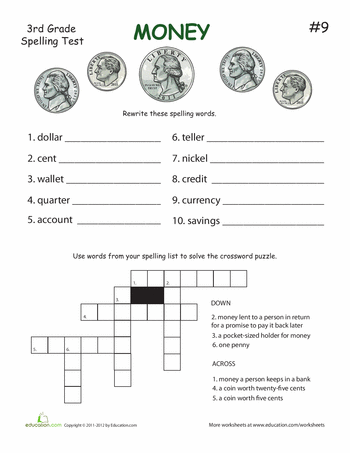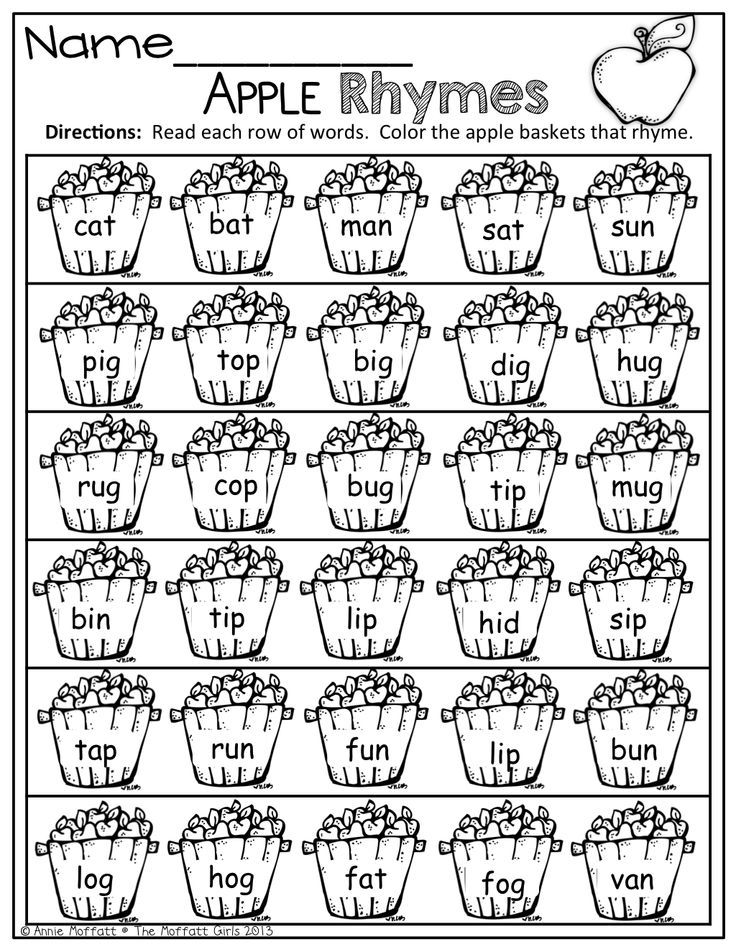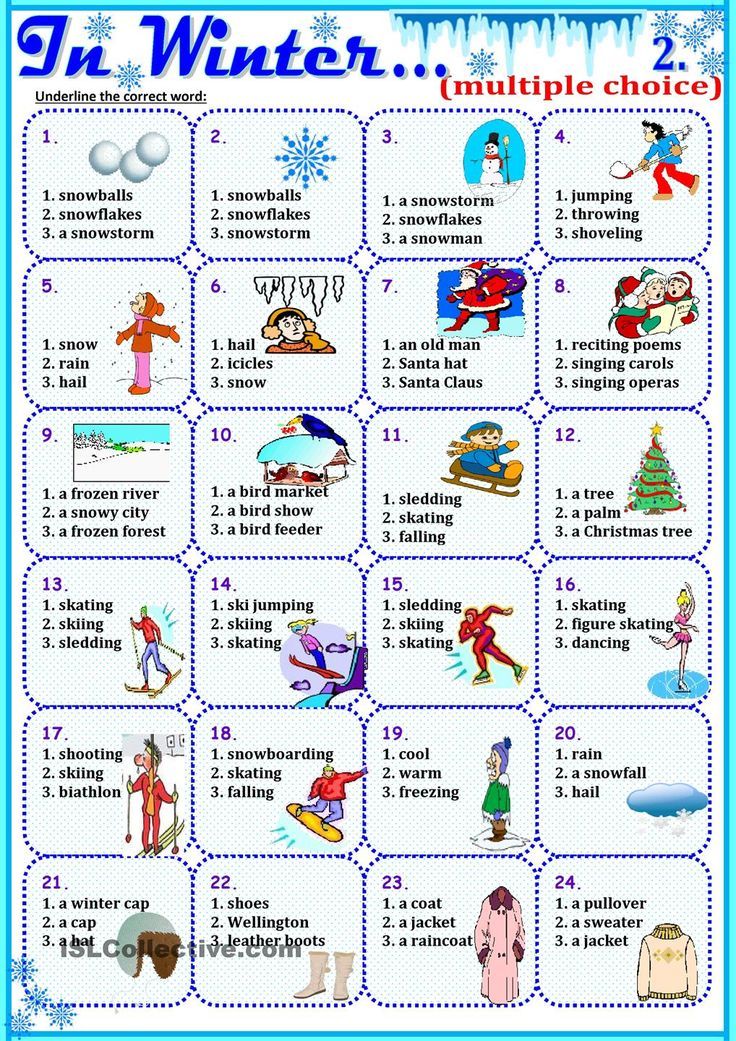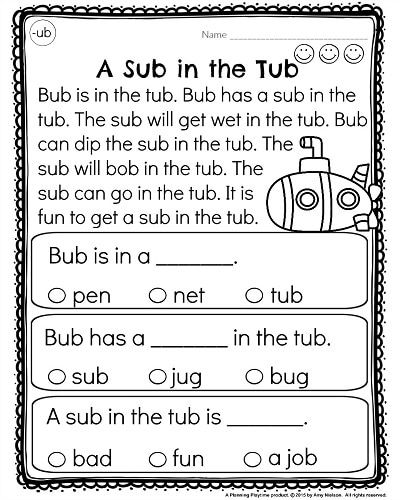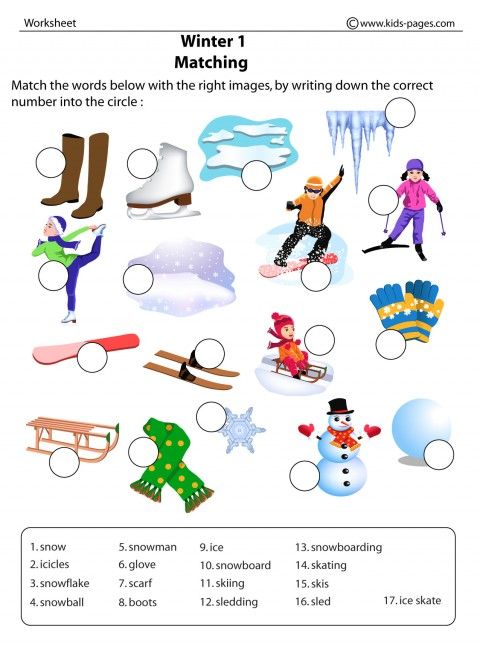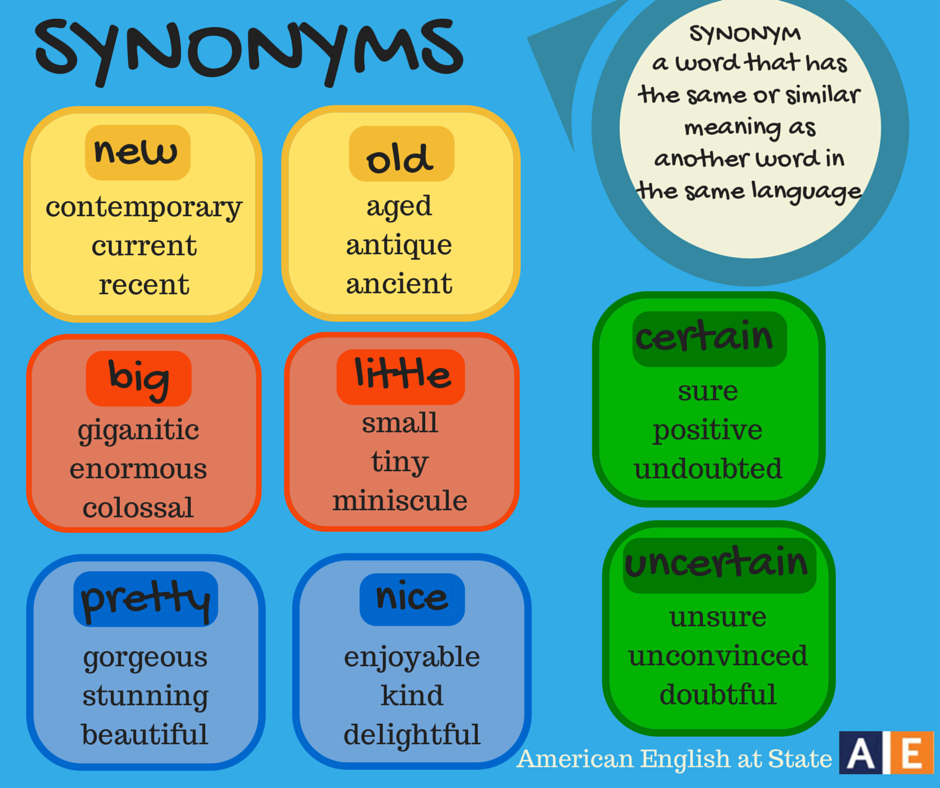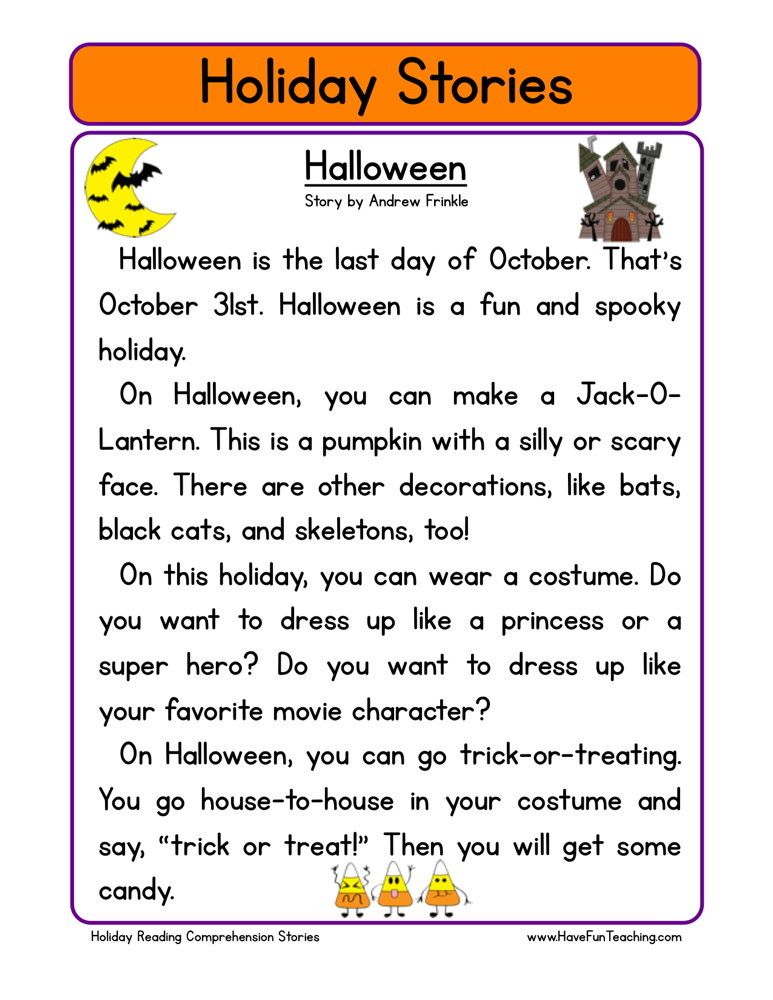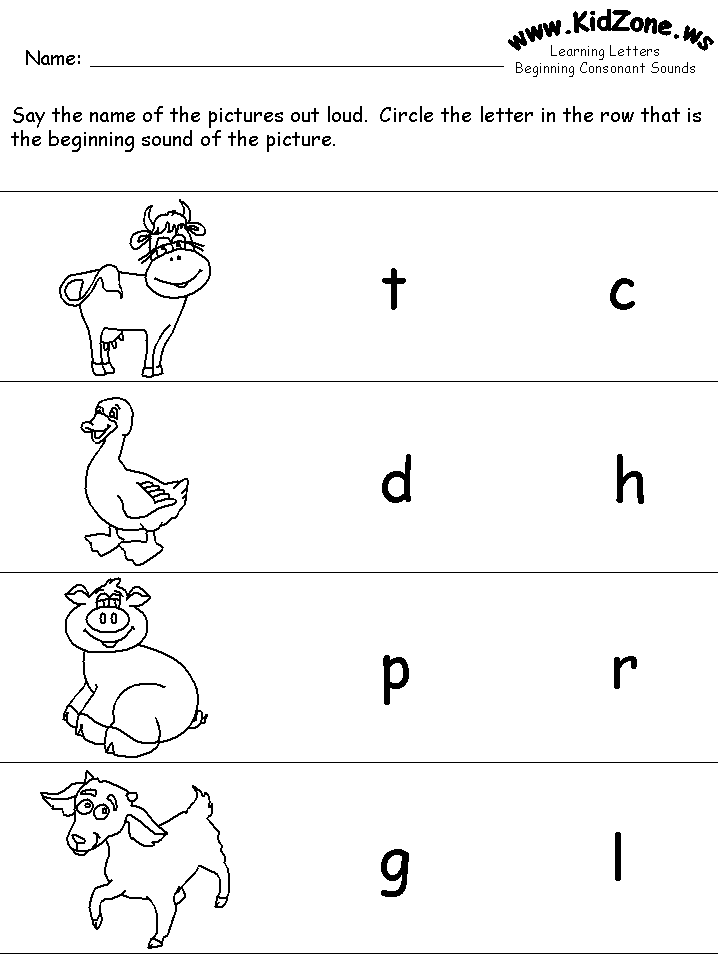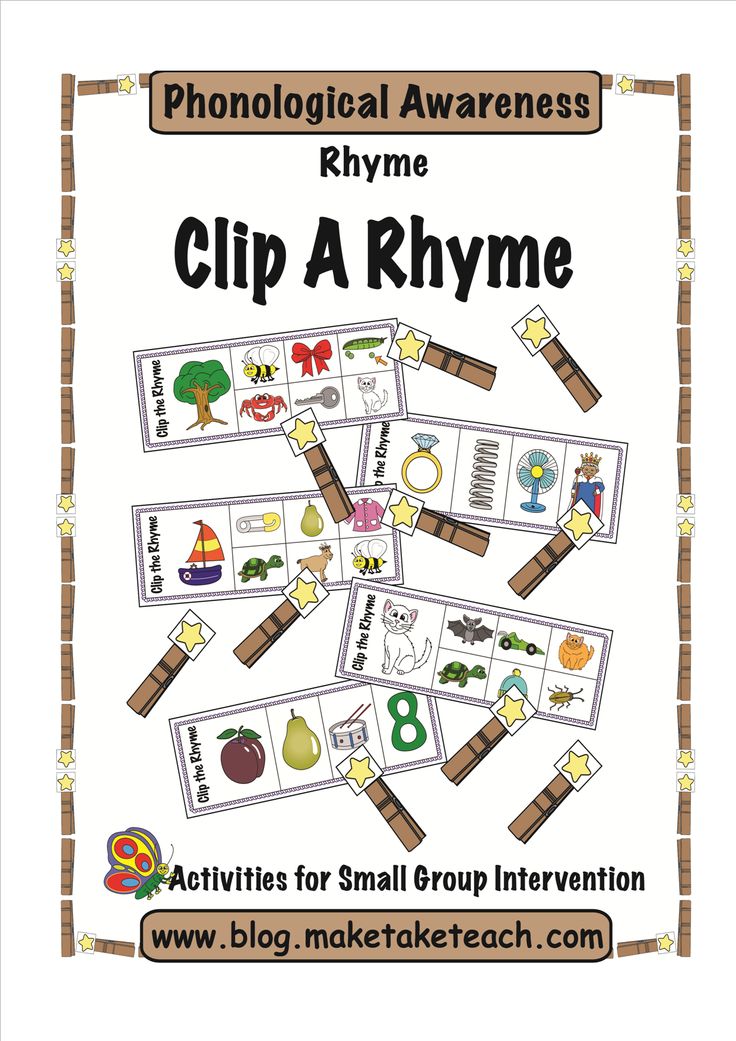Spell test game
Help
Problem: The website is blocked to my students
Do your students get a message such as "website can't be reached"?
Solution: Contact your school's technology department, or someone at your school who's in charge of the internet, and tell them you wish to use this website with your class. They can simply unblock it by adding it to their list of approved websites within a couple of minutes.
Problem: I’m using a Mac and the website isn’t working
If you’re using a MacBook or an iMac and the website isn’t working, then try using it with a different browser. If you tried Chrome for Mac and it didn’t work, then try the Safari browser instead (it’s already installed on every Mac), or Firefox (it’s free to download, quick to install, and works great).
How can I save my lists?
After you type your list, click the "Save list / Open saved list" button. Then, type a title for your list, and click the "Save" button.
You can save this way up to 24 lists. They will be stored locally in your browser's cache. Note that if you delete your browser's "history" then your saved lists might get deleted.
Problem: I can't save lists / Saved lists are erased
Your lists might not be saved due to the following reasons:
1. Too strict privacy settings in your browser. (try reducing it, or try another browser).
2. Too strict anti-virus or firewall settings. (try reducing it).
3. In schools, web administrators often disable some features of the computers such as the ability to save changes that you've made.
If you can't get your lists saved, you can always save your lists in a document, as described in the following section:
Saving lists permanently
You can save lists permanently in a text document.
Copy the sharing code (see the section below about sharing lists), and paste it inside a text document (such as MS Word or Google Docs). Type your title above it. You can paste this way as many lists as you wish.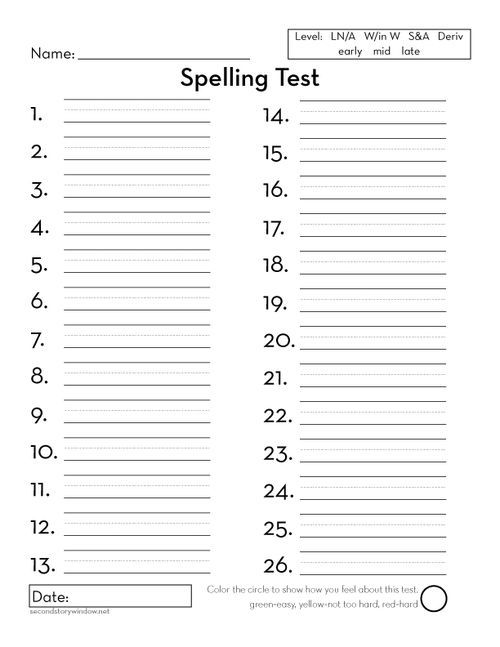 Save the document.
Save the document.
In most document types, when you click the sharing code it will automatically open the website with your list inside it.
How Can I share my list with my students?
After you type your list, click the "Share this list" button. An address that contains your list will appear. Copy it, and paste it in your class's website, or in your Google Classroom.
Problem: A game stopped working (can't hear sound, or the screen is black, or doesn't load)
Note that old computers (older than 4 years) might have trouble running some of the games.
Solutions:
1. Try reloading the page (use the "reload" button on the browser, or the F5 key on the keyboard).
Does it work now? If it doesn't, then try the following:
2. Close the browser, including all its open tabs (better save your word list before closing). If you can, close other computer programs that are open too.
Now wait a few seconds (to let the computer's memory get flushed).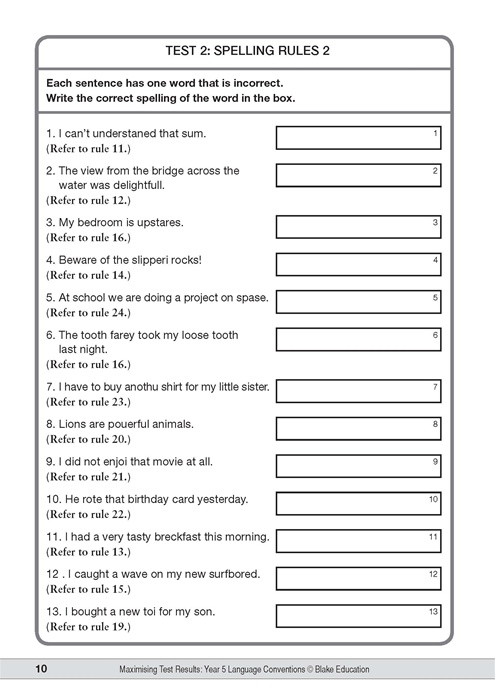
Now open the browser again, get back into spellingtraining.com, go to the problematic page and reload it again.
If it still doesn't work, then:
3. Try the website with another browser (Google Chrome, Firefox, Microsoft Edge, Safari, etc.). If it doesn't work with one - it might work with the other.
If it still doesn't work - please tell me about it! Send me an email to: [email protected]
But also in the meantime, the following solution will probably work -
4. Try using the website from another computer.
Problem: Some games are suddenly missing (Rollercoaster, Dragon)
Solution: If you browse from a computer and this happens, try the following:
1. Maximize the browser's window size. The games might now reappear.
2. Try zooming out by clicking "Ctrl" with "-" (pressing Ctrl with the minus key). If you zoom out the missing games will appear.
Note that those 3d games (rollercoaster, dragon island, jungle speller etc.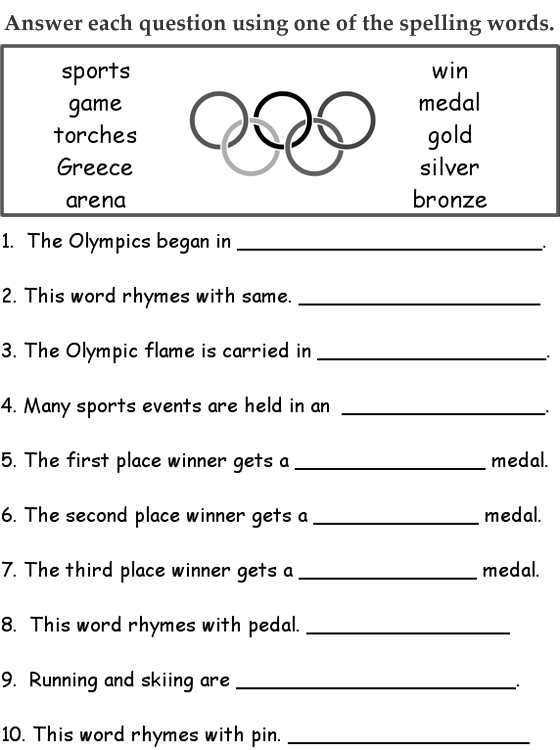 ) won't appear on tablets and smartphones.
) won't appear on tablets and smartphones.
I didn't find an answer to my problem
If there is anything else that you need assistance with, don't hesitate to contact me and I'll do my best to help you. My email is [email protected]
Online Spelling Test, Spelling Quiz and Spelling Practice Lessons
VOCABULARYPRACTICESPELLINGADAPTIVESBOWORDSQUIZZESIDIOMS
Our state-of-the-art online spelling tests are designed to help K-12 students to ace spelling exams at school and prepare for Spelling Bee competitions. If you are a student or an adult who is trying to learn ESL, then our advanced spelling quizzes, spelling lessons, and word games can help you improve your English skills.
Register today!
Vocabulary Test
Ever wondered how many vocabulary words you or your child know? Try Vocabulary Test, and in just a few minutes, you will discover the estimated amount of words in your vocabulary and a recommended spelling grade.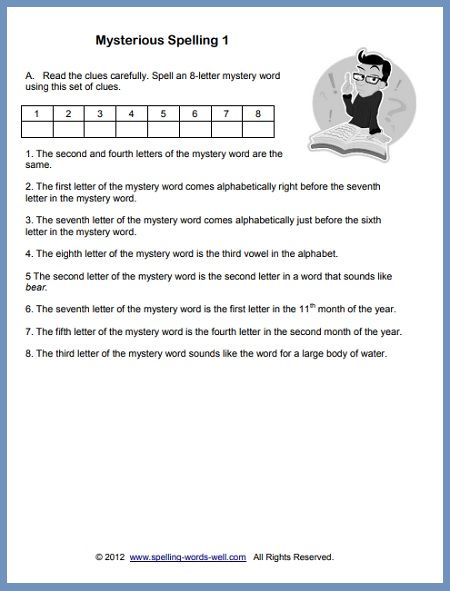 You will be surprised!
You will be surprised!
Spelling Practice
Are you or your child at the beginning of learning English words? The Spelling Practice section is the right place to begin. Students will read, hear, and type simple words and progress naturally. It is recommended for Kindergarten students and First Graders.
Spelling Test
Serious about building English vocabulary and improving spelling? Want to improve your listening comprehension? Spelling Tests from grade 1 to adult level are the right place to build English vocabulary. You will firmly grasp 15 thousand words, starting from Sight Words.
Adaptive Spelling
Students who like to work at their own pace would benefit immensely from adaptive spelling. Learners begin by learning the basics, but as they gain knowledge and skills, they advance swiftly.
Spelling Bee
Do you plan on competing in a Spelling Bee? Or do you simply enjoy spelling contests with other online users? Spelling Bee Online (SBO) is the right place to start for anyone with any experience.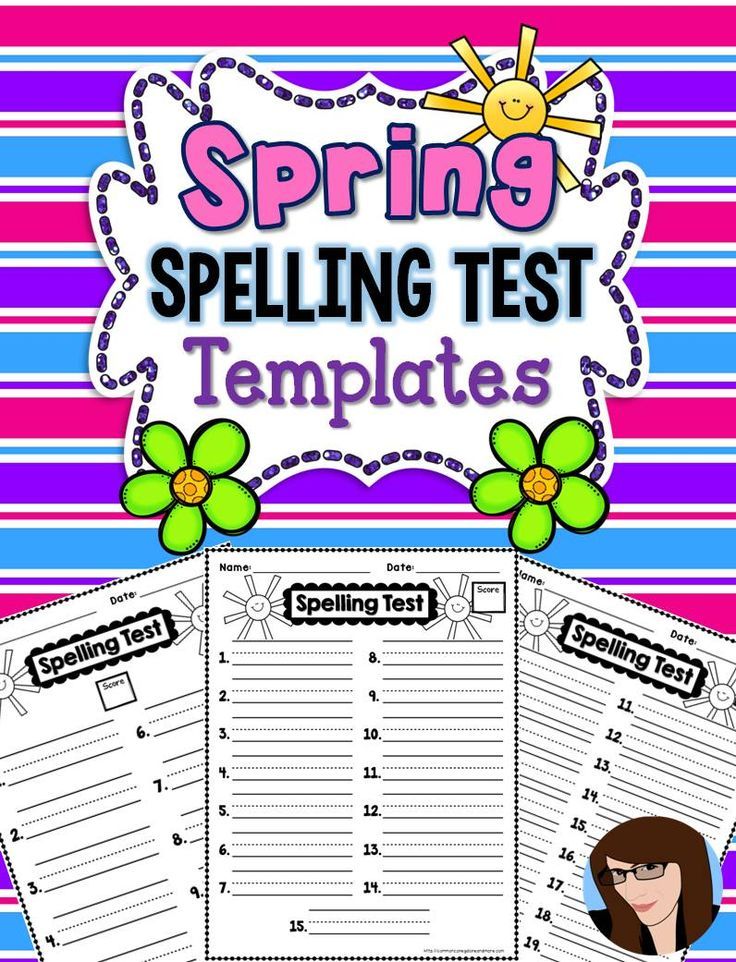
Spelling Words
Are you looking for a printable version for vocabulary words from Grades 1 to 12? The Spelling Words section will offer print-available spelling lists, including Sight words, Fry words, and Dolch words. If you practiced spelling words at SpellQuiz, the Words section would shade the words you have mastered.
Fun Quizzes
Learning with joy is a more effective and lasting way to gather knowledge. The Fun Quizzes section has mini tests to boost your knowledge on topics such as geography, grammar and more.
Idioms
Using idioms can add style to your speech. The easiest way to remember something is to visualize it. Learn common phrases with illustrated and written examples. The Idioms section contains examples of the most common idioms, with illustrations, definitions, and context clues for easy comprehension and memory.
Spelling
for
Sight Words
Spelling
for
Grade 1
Spelling
for
Grade 2
Spelling
for
Grade 3
Spelling
for
Grade 4
Spelling
for
Grade 5
Spelling
for
Grade 6
Spelling
for
Grade 7
Spelling
for
Grade 8
Spelling
for
Grade 9
Spelling
for
Grade 10
Spelling
for
Grade 11
Spelling
for
Grade 12
Spelling
for
Adults
Try SpellQuiz for free today!
LET'S TRYHow to start playing Dungeons & Dragons? Part 2 - Spells and Skills - DTF Games
The first part can be found here.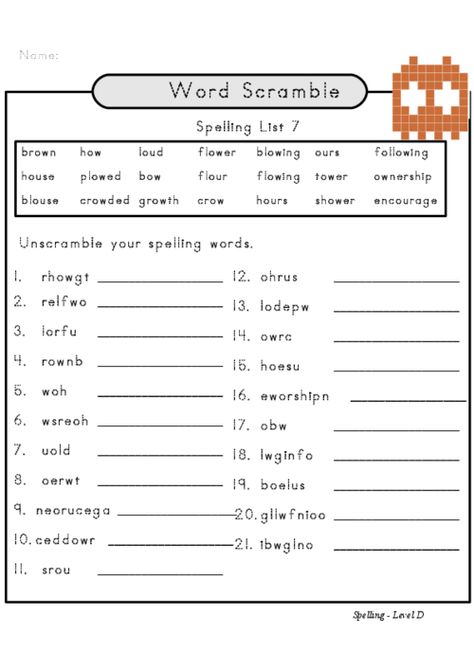
33507 views
In this article, we will finally finish creating the character. After all, some of them have access to magic from the first level. Spells are an essential element of the D&D world, and we need to start with how they work.
Use of magic
Countless threads run through the entire Multiverse (Kojima arranged everything), invisible to an ordinary being. To cast a spell, the magician must combine them in a certain way and make them release magical energy. Therefore, all spells require the presence of some "components", which are indicated in its description:
1. Verbal (V) - the character must pronounce certain sounds with a certain key, making these threads vibrate. Accordingly, it is not possible to cast a spell that requires a verbal component if the mage is unable to speak at the moment (he is under a spell of silence, or he is simply gagged).
2. Somatic (C) - the threads must be woven in a certain way, so the caster must have at least one hand free to apply such a magical effect.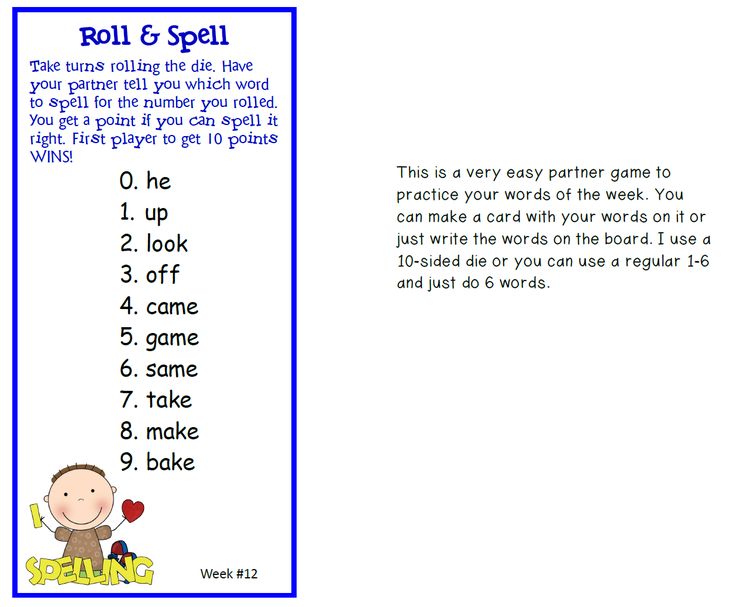
3. Material (M) - Some spells require the character to have certain items in their inventory. Accordingly, the hero must have at least one free hand to reach them. Advice: do not forget to buy the things you need for spells in the cities before going to the caves. They can save lives or roleplay in your company.
In addition, all spells have their own level, and characters have a certain number of slots for spells of a certain level. This information is contained in a table in the description of each caster class. So, for example, a paladin at the first level cannot cast magic at all, and at the second level, only two spells of the first level.
To be able to cast spells, it must be learned, which is logical. Each class has its own list of magical effects, divided into levels (each with about 10 spells), and only a few of them the character can remember at the moment. So, the number of spells in memory, for example, a bard is directly indicated in the table of his class. For a paladin, it is necessary to apply a special formula: Mod. Charisma + half character level (rounded down - this is a general D&D rule).
For a paladin, it is necessary to apply a special formula: Mod. Charisma + half character level (rounded down - this is a general D&D rule).
You can "forget" and "learn other" spells, but again, according to different rules. The bard needs to level up, and the paladin just needs to rest (long rest - 8 hours).
Then, each character has a set number of spell slots. For example, if you know 4 first-level spells, but only two spell slots are available, you can only cast two of them. The hero, let's say, "fills the flask" of spells of the first level and can no longer cast them. However, this does not apply to cells of another level, and you can still apply more complex magical effects.
Spells can be enhanced by casting them using a slot of a higher level. Everything is clearly stated in the description of the spell. Let me give you an example: "Cure Wounds" level 1. It allows you to restore 1d8 hit points (life) to any creature. However, if you cast this spell using a second-level slot, it heals for 2d8; third - 3d8 and so on.
To restore the cells and "zero" them, any character must simply rest (also 8 hours).
In addition to spells, there are Conspiracies . They might be called 0-level spells. If the character knows them, it is directly indicated in the class table. Conspiracies can be applied an unlimited number of times.
Some spells require Concentration . Its duration is also indicated in the spell description. The concentration ends in the following cases:
1. You voluntarily complete it.
2. You cast another spell that requires concentration.
3. You take damage during combat and fail a Constitution saving throw.
4. You become incapacitated or die.
Therefore, a separate action for Concentration is not required.
The remaining elements of spells (duration, distance, area of effect) are not particularly difficult to understand, so I will not talk about them. You can read about it on pages 203-205 of the Player's Handbook.
Let's finish at last?
Now you can finish the character. So, the third sheet is devoted to magic. In the column "Class of the caster" write, in fact, the class of your character. The base characteristic is indicated in the class description, it is used when calculating the next two numbers.
First - Difficulty of Rescue. Some spells can be resisted by an enchanted creature. So, for example, my bard casts Tasha's Creepy Laugh on the Rogue, because of which he (my opponent) will perceive everything that happens is incredibly funny, falling to the ground. However, the spell's description refers to a Wisdom saving throw. In short: The rogue must roll a number (+ modifiers) greater than the Save Difficulty to avoid being affected by the spell.
The formula for the calculation is also given in the class descriptions, but the general rule is: 8 + proficiency bonus + Base stat modifier. We count and write.
Spell Attack Bonus is a bonus to hit rolls, as if attacking with a normal weapon.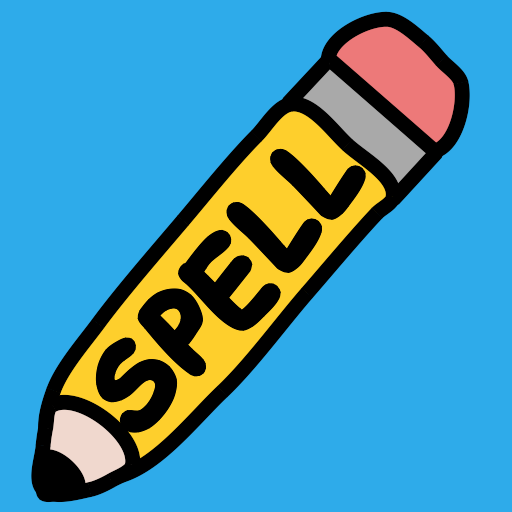 General formula: Mastery bonus + Base stat modifier.
General formula: Mastery bonus + Base stat modifier.
After filling the header, you need to look in the class table to see how many spell slots are given at the first level of your character. Enter this value in the corresponding field. Now find out (look or count by the formula) the number of conspiracies and spells you know. Then open the Spell List in Chapter 11, look for your character's class. Before you is a huge list of names alone, so write them down somewhere nearby. And finally, read the descriptions of all the spells and spells available to your class at this level (they are listed below in alphabetical order) and choose exactly as many of them as you know the spells and how many slots are given. Enter the selected names in the table of conspiracies / spells. If the class allows you to "prepare" spells while resting, you can write them all out, and put a "dot" next to the prepared spells.
Skill test
Testing one's strengths in various areas is the core mechanic of D&D.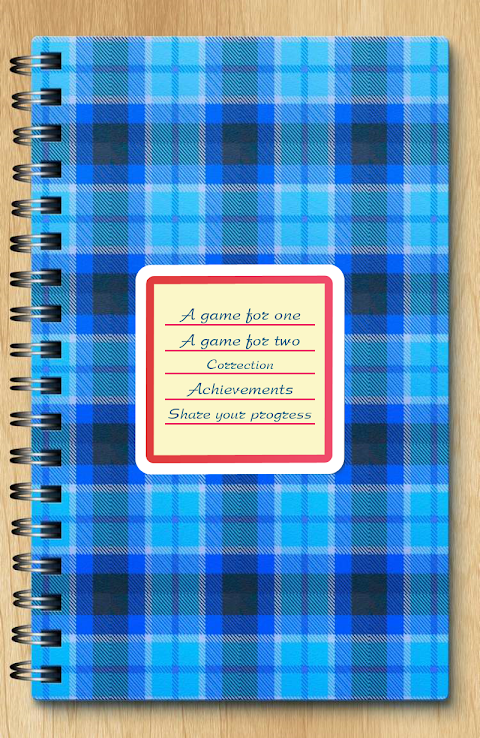 Characters often use their skills to find some object, push an obstacle, jump over an abyss.
Characters often use their skills to find some object, push an obstacle, jump over an abyss.
So, how does the skill test work. When a character is about to do something, the Player can ask the GM, "What check do I need to make?" Let's say the paladin Percifal the Red is about to jump over a dangerous pit with traps in a narrow corridor. To do this, you must pass the Athletics test. The DM then secretly determines the Challenge Difficulty: this is the number the player must achieve above to succeed. Since the floor is still wet with the blood of the crypt-prison guards, and the "chasm" is wide, the DM decides that the Difficulty is 14.
Difficulty table given as an example. Numbers can be changed at will
The check itself proceeds as follows: The player rolls a d20 and then adds the appropriate modifiers. That is, the general formula is: d20 + Proficiency bonus (if the character has the skill) + Ability modifier (it is indicated in brackets next to the skill). Any palladin has a high level of physical strength, and therefore Percifal's Strength characteristic is 15, which means - Modifier +2. A level 1 character means +2 proficiency bonus, because what palladin doesn't master athletics! Total: d20 + 4. Separately, I note: in order to pass the test, it is not necessary to have a skill. Proficiency allows you to add a proficiency bonus, that's all. I gave only a general formula, of course there are many skills that allow, for example, doubling the proficiency bonus.
Any palladin has a high level of physical strength, and therefore Percifal's Strength characteristic is 15, which means - Modifier +2. A level 1 character means +2 proficiency bonus, because what palladin doesn't master athletics! Total: d20 + 4. Separately, I note: in order to pass the test, it is not necessary to have a skill. Proficiency allows you to add a proficiency bonus, that's all. I gave only a general formula, of course there are many skills that allow, for example, doubling the proficiency bonus.
After rolling the dice and making the necessary calculations, the player calls the final number. If it is higher, the check is successful; below is failure. The GM can vary the result depending on the outcome: for example, on a flat 14, Percifal jumps, slips, and barely manages to keep his balance; at 19 - jumps and does a somersault a la "Max Payne"; 2 - falls down, takes damage, holes in his pants, breaks the bow to an unusable state.
Separately, it is worth mentioning the "crits".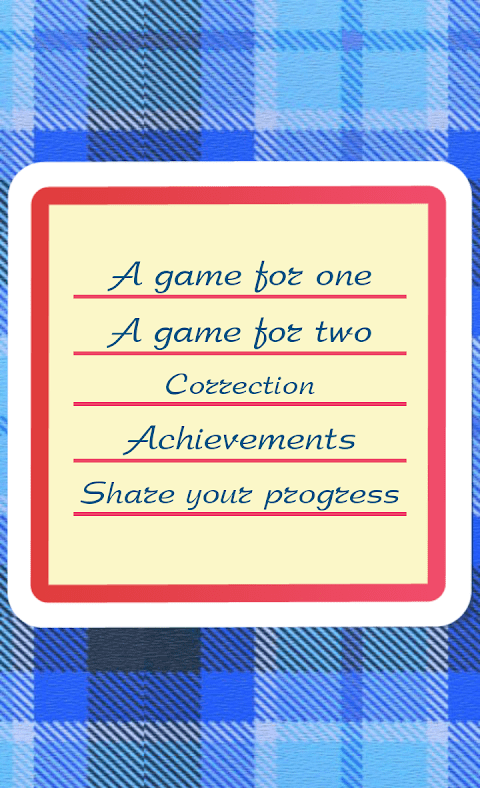 Usually they are used only in battles, but we have hacked it and use it wherever possible. So, if "20" rolls on d20, the test is considered to have passed in any case; so much so that any Geralt would envy agility. One day, the Goblin Chief decided to jump off a high plinth, rolled a 20 on an Acrobatics check, did a triple sheepskin coat, a couple of somersaults in the air, and, without landing, threw a spear at our barbarian, seriously injuring him. His subjects gave a standing ovation. When a “1” is rolled, something unimaginably shameful and painful happens. The barbarian often broke his legs when falling from heights and even on Stealth checks.
Usually they are used only in battles, but we have hacked it and use it wherever possible. So, if "20" rolls on d20, the test is considered to have passed in any case; so much so that any Geralt would envy agility. One day, the Goblin Chief decided to jump off a high plinth, rolled a 20 on an Acrobatics check, did a triple sheepskin coat, a couple of somersaults in the air, and, without landing, threw a spear at our barbarian, seriously injuring him. His subjects gave a standing ovation. When a “1” is rolled, something unimaginably shameful and painful happens. The barbarian often broke his legs when falling from heights and even on Stealth checks.
During a skill test, the environment can help or hinder it. For example, this is the help of an ally or something that distracts attention (the fall of stalactites from the ceiling of a cave). In this case, the test is said to be performed with Advantage or with Disadvantage (Advantage/DisAdvantage). Either way, the d20 is rolled twice.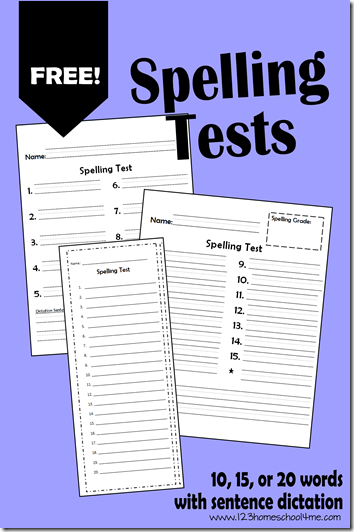 If the hero has an Advantage, he chooses the higher of the two rolled, and then applies the rest of the relevant bonuses. If he has Interference, then he chooses the smallest number that has fallen out, and after that he also adds all the modifiers. No matter how many hindrances or advantages are in effect at the same time, the d20 is still rolled twice. Also, if in this situation the character has both advantages and disadvantages (at least 1 advantage and 10 disadvantages), it is considered that the hero has neither one nor the other - a normal check is made.
If the hero has an Advantage, he chooses the higher of the two rolled, and then applies the rest of the relevant bonuses. If he has Interference, then he chooses the smallest number that has fallen out, and after that he also adds all the modifiers. No matter how many hindrances or advantages are in effect at the same time, the d20 is still rolled twice. Also, if in this situation the character has both advantages and disadvantages (at least 1 advantage and 10 disadvantages), it is considered that the hero has neither one nor the other - a normal check is made.
An advantage can also be given by Inspiration - it is given by the Master for, for example, excellent acting out of a role or a non-standard way out of a situation. The player may spend inspiration at any time and make a check with advantage. In this case, there can be only one inspiration per unit of time.
Passive checks
Next, I could describe in detail what each specific skill is responsible for, but this does not make sense, since the Player's Handbook describes them in more than detail and accurately.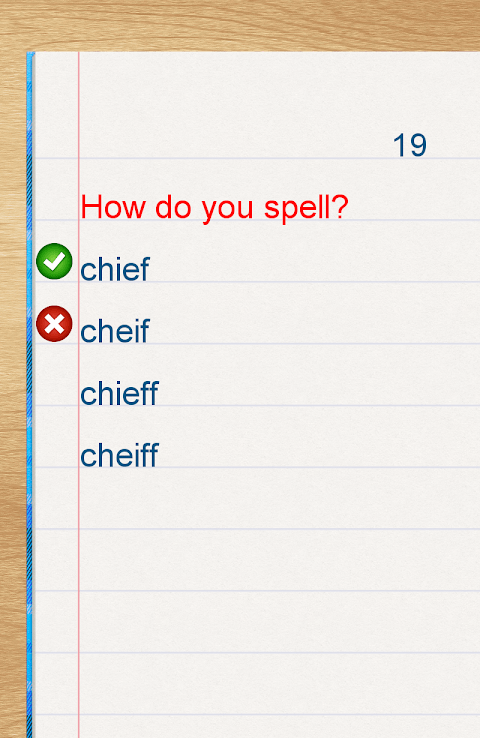 So read about them on pages 175-178.
So read about them on pages 175-178.
But the so-called "Passive checks" should be noted separately. They are resorted to if the character does not do something purposefully, but can achieve a certain result "accidentally". A classic example is the goblins hiding in a dark corner behind the barrels of provisions in their camp. A skilled rogue, Arien may be aware of the existence of these large rats and look for them purposefully, or he may simply be walking past this corner. In the first case, Arien makes a normal active Perception skill check that counters the goblin's Stealth check. In the second, Arien does not roll the dice, the Master only asks: “How much passive Perception do you have?” The formula for calculating passive skills is: 10 + all relevant bonuses . That is: possession bonus and attribute modifier. If there is an advantage in this situation, add 5; hindrance - subtract 5. Note that there is a special field for the Passive Attention value on the Character Sheet.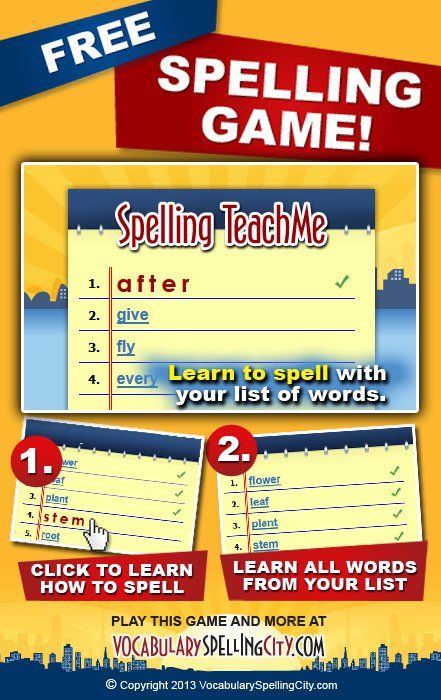 Therefore, count and write it down
Therefore, count and write it down
Saving Throws
Sometimes the character is affected by negative effects, from which there is a chance to escape. When falling into a deep crevice, the hero can contrive and cling to a ledge. When spitting dragon venom, you have a chance to activate all your immunity and reduce damage taken.
Saving throws are at the DM's command. Often the need for them is specified in the adventure itself, as are the difficulty of the rescue and the consequences of the rolls.
Saving Throws can be wielded like normal skills for an additional proficiency bonus. However, they are even tested in the same way. Roll d20 + Mastery Bonus + Ability modifier.
That's all, I seem to have sorted out the basics of Magic and Skill Checks without missing anything. I hope at least one person has become interested in D&D after these two articles. Next time I'll talk about the basics of combat and how to generally start an adventure from the Starter Set (Lost Mines of Phandelver).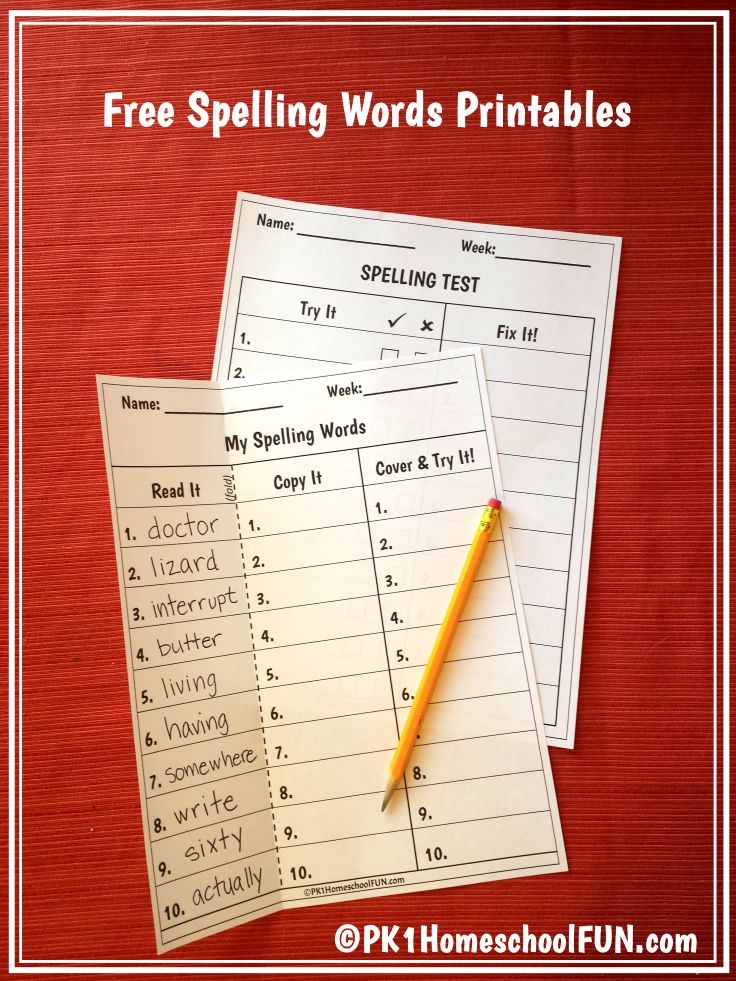 And then, I think, we can finish.
And then, I think, we can finish.
Well, roll with Advantage, as they say!
#long
4.2. Casting spells | igra-ot-djuffina
Casting Spells
Each of the Investigators is a fairly strong mage. Therefore, casting spells is one of the most important ways they interact with the game world.
All spells in the game are divided into 2 types:
-
obvious magic
-
true magic
Each type has its own spell deck.
Spells of obvious magic for successful sorcery require a successful knowledge check. And accordingly, the farther from Echo, the harder it is to conjure them. True magic spells require a successful intuition check. Therefore, it is equally easy to conjure them both in Echo itself and anywhere in the World.
Obvious magic is to some extent violence against the world. While the true one rather allows the world to manifest itself as it wants to.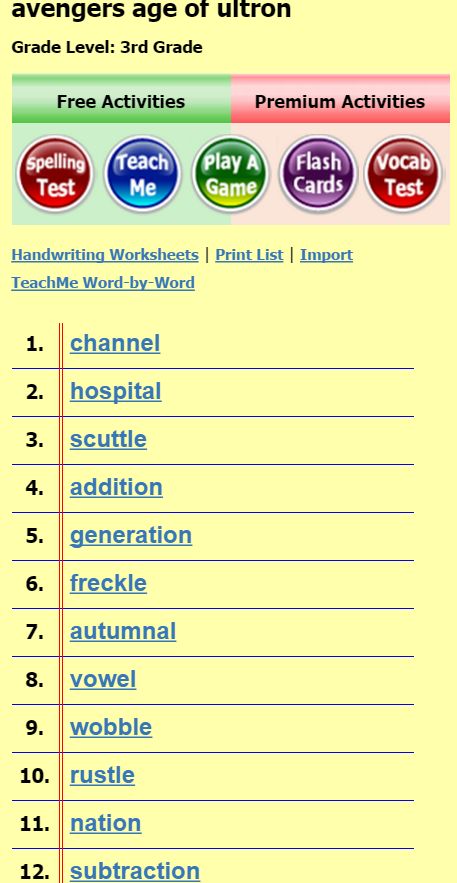 Therefore, in general, true magic spells are usually more environmentally friendly. They usually have fewer side effects.
Therefore, in general, true magic spells are usually more environmentally friendly. They usually have fewer side effects.
Spells of apparent magic can be purposefully studied in Japhah's Library. New spells of true magic can only be learned by chance, in case of successful contact.
The General type of spell card:
Spell card consists of 8 elements:
of an additional description require five elements:
1. The complexity of the spell.
This is a key parameter indicating how difficult it is to successfully cast this spell. The number indicated here in the cell next to the checkmark is a fine. Accordingly, to successfully cast the spell, the Investigator must pass a Knowledge (in the case of obvious magic) or Intuition (in the case of true magic) check with the penalty shown here.
2. The price of power.
This parameter indicates how tired the Investigator is when casting. When casting this spell, the Investigator must lose as many points of Sanity as indicated here (in the cell next to the image of the brain).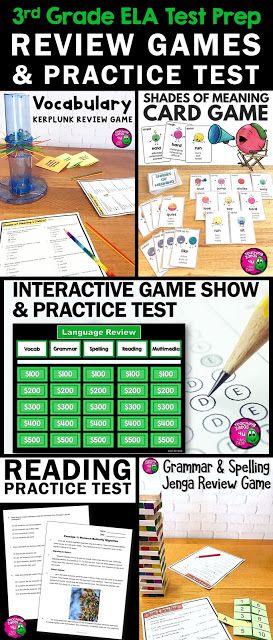 However, the Investigator suffers these losses in any case, even if the spell fails.
However, the Investigator suffers these losses in any case, even if the spell fails.
3. Required phase.
Each spell is cast at its own time. In this place, it is indicated in which of the phases of the turn this spell can be cast. One of four images can be placed here: respite, movement, battle, contact. Accordingly, the spell is cast either in the Respite phase, or while moving, or during a battle with enemies, or during the Contact phase. In the case of spells that are cast during the Movement phase, a number slot is also indicated next to the drawing. This figure indicates how many movement points an investigator must spend to attempt to cast a spell.
4. Tap requirement.
The small curly arrow in the corner of the spell design indicates that this spell can only be attempted once per turn. If the attempt is unsuccessful, the card must be turned face down - that is, tap it.
But there are relatively few "require tap" spells.
5.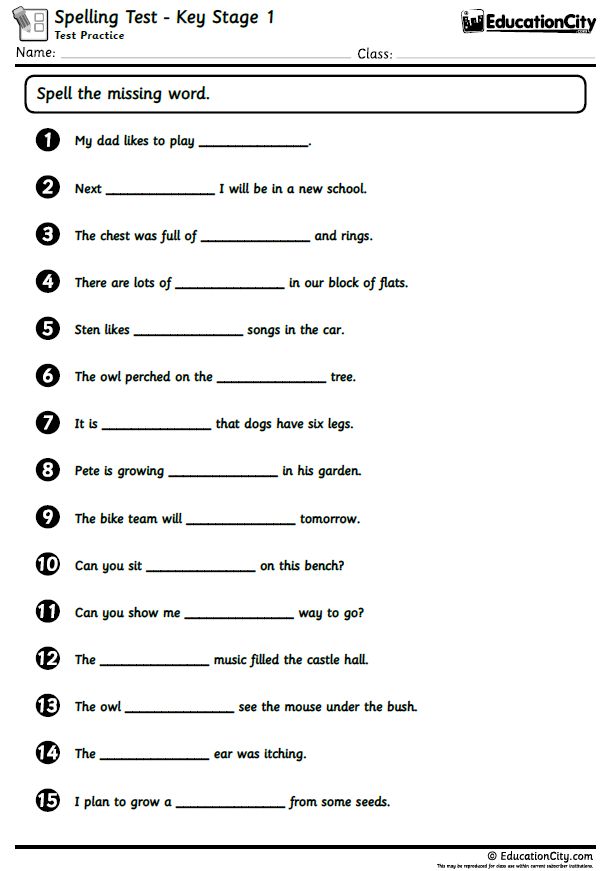 The effect of the spell.
The effect of the spell.
If the spell has a long effect, then the card must be used if it is successfully cast. Engage means to turn clockwise by 90 degrees, so as not to forget that the spell has already been cast.
Castle name
Power
Requirement Tapa
Spell
Literary Text
When the spell
,during the response phase
phases Contacts
Tap requirement badge
Rules of the game. More...
1.1. Welcome!
1.2. Echo city
1.3. Rod World
1.4. Secret Investigation
1.5. Game plot
1.6. The goal of the game
2.1. Playing field
2.2. Contact decks
2.3. Gate
2.4. Enemies
2.5. Deck "History"
2.6. Scenarios
2.8. Other game tokens and markers
2.7. Items
1.8. Detective cards and tokens
1.7. Available Investigators
Part 2. Game components
Part 1.